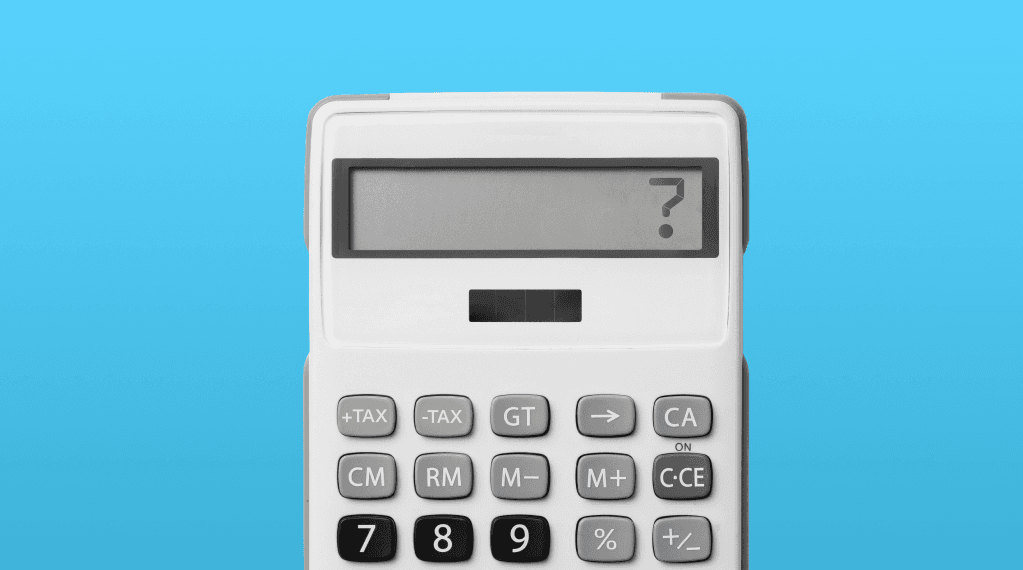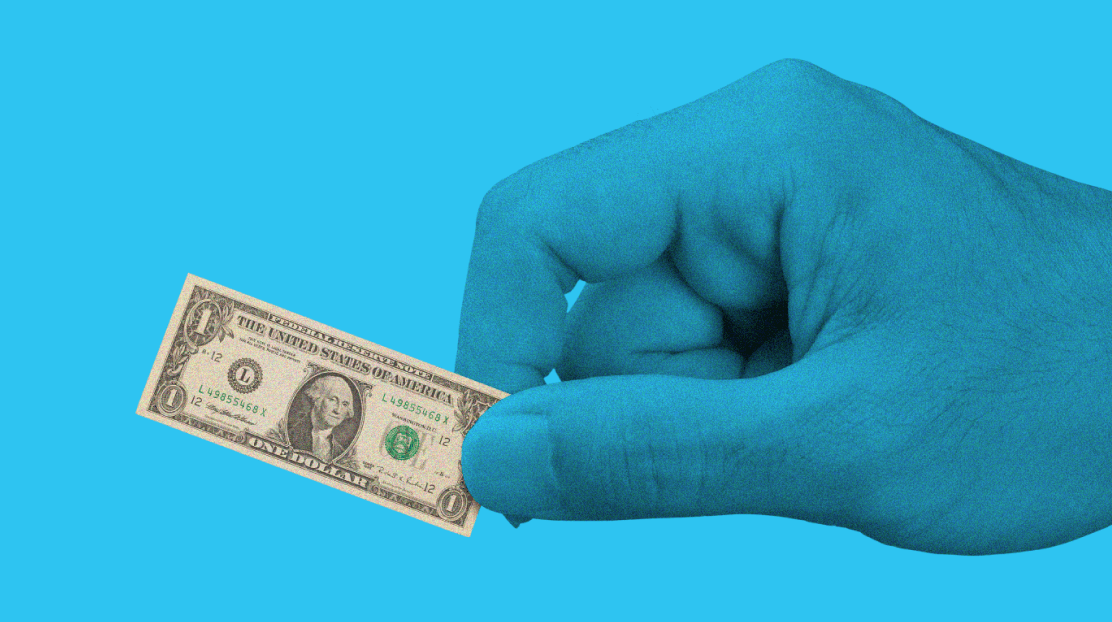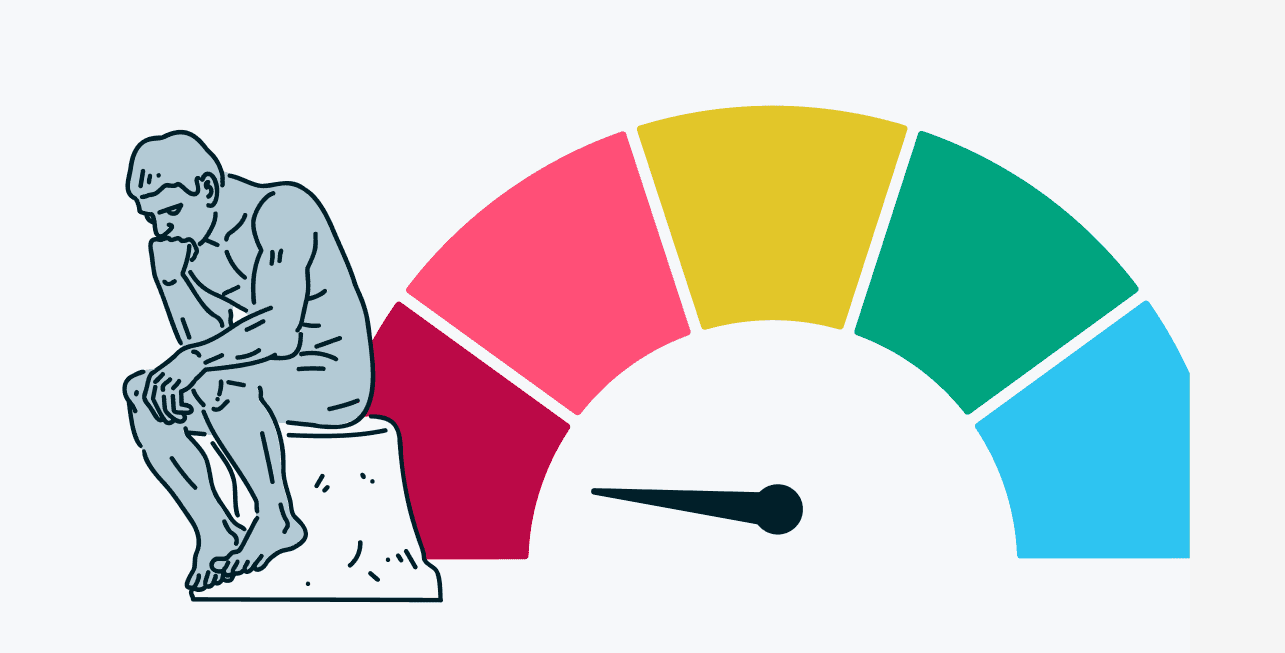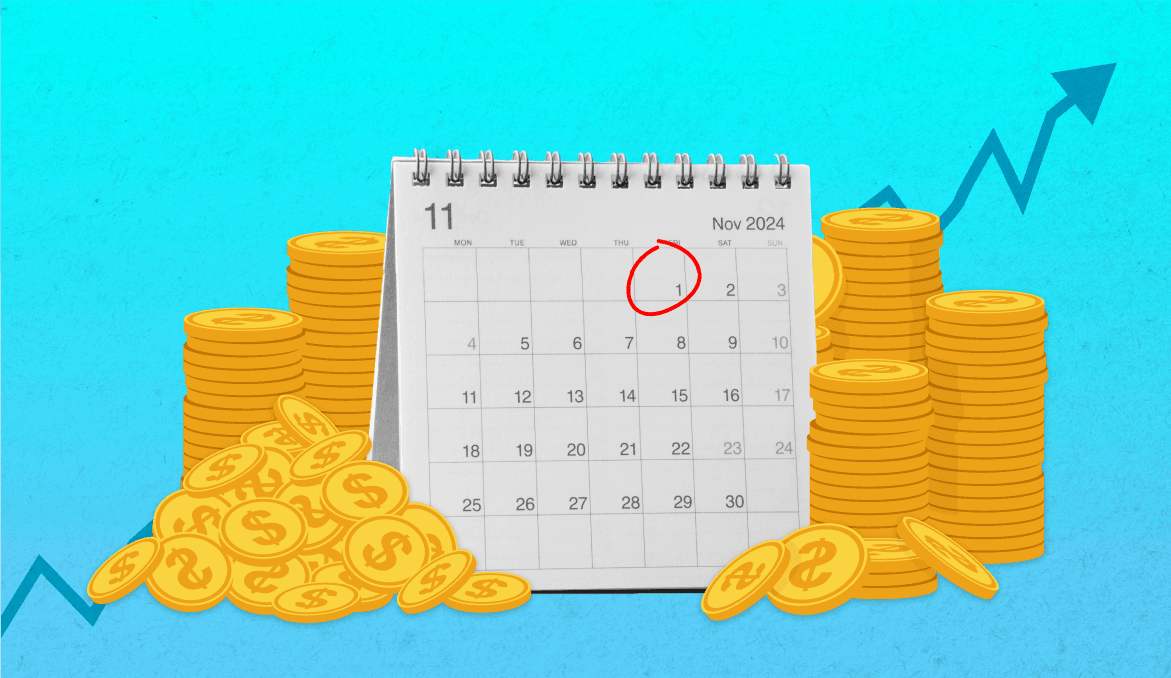Jun 14, 2017
How Is My Debt Different From a Country’s Debt?
China recently had its credit rating downgraded. So what does that mean?

China is a global powerhouse, with an economy that’s continuing to grow quickly.
But if you’ve been following the news lately, you’ve probably seen that China had its credit rating downgraded. And you might wonder what that means, and how that might affect your investments.
If so, you’re not alone. It can be confusing. Here’s a quick explainer.
Who downgrades the credit rating?
The Chinese economy has been growing rapidly for decades along with its debts, and economists worry that the increase in its debt levels will start to cause economic problems. The country’s debt now totals about 253% of its gross domestic product (GDP). By comparison, the total debt of the U.S. is 77% of GDP.
In response to China’s rising indebtedness, a company called Moody’s downgraded China’s credit rating in May. Moody’s is one of a number of investment rating companies — other big ones are Standard & Poor’s and Fitch — that score the quality of a country’s ability to repay.
Each of these three rating companies has a slightly different rating system. Moody’s decreased China’s credit rating from it’s fourth-highest rating AA3 to the next level below, called A1.
The rating companies don’t always change their ratings together.
Until 2011, for example, the U.S. had the highest rating possible from all three of the top rating agencies. Today, Moody’s and Fitch rank our credit at something called Triple A status, which is their highest level. But since 2011, Standard & Poor’s has given the U.S. a AA+, it’s second highest rating.
How is a credit rating different than a credit score?
As opposed to people, who get credit scores based on their ability and history of repayment, countries receive something called a credit rating, which scores how likely a country is to repay the money it owes.
The rating is meant to help investors assess the economic strength of a country, and the risk of investments there. Some countries may be considered better at repaying what they owe than others, or an economic crisis might throw a wrench in repayment plans.
As a result, a country’s credit rating can change over time.
Recommended Reading: Developed vs. An Emerging Economy: What’s the Difference?
How is my debt different from a country’s debt?
Like people, countries also hold debt. You might borrow money to pay for something, say a house or car or an education, when you don’t have the entire amount in savings. But countries also borrow to make up for cash shortfalls.
Countries might borrow in order to build new infrastructure, like bridges and highways, or to stimulate the economy if there’s a recession, or to meet a gap in government spending.
Whereas you might use a credit card or a mortgage, countries tend to borrow by issuing bonds. In the U.S., for example, these are called Treasuries. In Great Britain, they’re called Gilts.
In China’s case, it owns much of its banking system and many of its companies are state run. So the loans China’s banks make to those companies are also a part of its debt.
What can affect a country’s credit rating?
Politics, for example, can alter a country’s credit rating. You may remember the U.S. had its credit rating downgraded in 2011, when Congress was fighting over the national debt and deficit. Until that point, the U.S. had one of the highest credit ratings in the world.
Economic events can be another factor.
In China’s case, the country’s banks have been fueling economic growth by supplying credit to state-owned businesses to take on infrastructure projects, or to produce goods for which there may be no buyer, according to reports.
That can create a risky situation.
In order to visualize it, you might think of the mortgages crisis in the U.S. in 2008. In that scenario, banks wrote bigger and bigger mortgages to people regardless of their ability to repay. Eventually, loans have to be repaid. If they aren’t, you can wind up with a financial crisis.
What does this mean for me?
In the short run, China’s debt downgrade isn’t likely to mean much to you if you’ve purchased a global ETF that holds stock in Chinese companies. While Chinese stocks dropped when the downgrade occurred in May, they’ve since recovered.
On the other hand, as China is the second-largest economy in the world, a severe financial crisis in China is likely to have an impact on economies around the globe. Remember, the U.S. is also an important exporter to China, and emerging markets are big suppliers of natural resources to Chinese factories. If demand from China falls, that would have a ripple effect around the globe.
At the same time, China’s policy makers are aware of their debt issues, and appear to be working proactively to address them, some experts say. While the growth trajectory for China’s economy is not as certain as it once was, investing in China could be part of a building a diverse portfolio that includes many regions and countries.
Related articles

borrowing
Oct 14, 2024
How To Use Personal Loans

borrowing
Oct 07, 2024
Cash Advances vs. Personal Loans: Which is Better?

borrowing
Oct 07, 2024
How To Use Cash Advances

borrowing
Oct 07, 2024
How To Pay Off a Cash Advance Quickly

borrowing
Oct 07, 2024
What To Know Before Taking a Cash Advance

borrowing
Oct 07, 2024
How to Avoid Cash Advance Fees
By using this website you agree to our Terms of Use and Privacy Policy. To begin investing on Stash, you must be approved from an account verification perspective and open a brokerage account.
